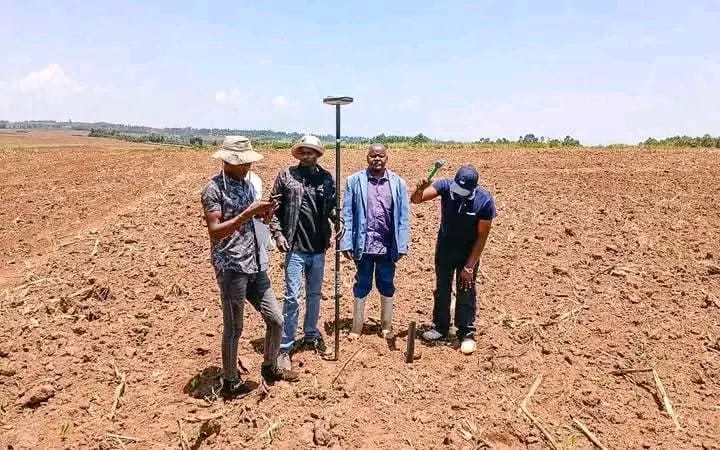
lMBOLOT TRANS-MARA LAND TUSSLE ESCALATES AS EVICTION BEGIN
In the remote forests of Imbolot, Transmara South, a simmering land dispute has boiled into fresh conflict as villagers, youth‑defenders, land buyers, and the police confront one another over ownership claims. For more than eight months, over 500 young people from the local Maasai community have camped in thick undergrowth, armed with traditional weapons, guarding what they insist is ancestral territory—about 400 acres adjacent to the Mara Game Reserve.
Tension took a sharper edge recently when truckloads of police and anti‑riot units arrived to escort new buyers planning to fence the disputed plot. The presence of security forces, tasked with “maintaining order,” drew accusations from residents that their land is being grabbed under the guise of law and with the complicity of local leaders.
Though the youth withdrew temporarily to avoid violence, their mood remains defiant. “This plot belongs to our grandfathers … even if today we forgo war with the uniformed men, we will keep fighting in the courts,” one of the defenders, Julius Kirtasho, said. Others claim betrayal by chiefs and local officials who they believe are enabling the transfers of rights without proper community consultation.
Police commanders defend their deployment, saying they are simply protecting lawful transactions and preventing chaos as fence works begin. But residents counter that the contracts and title transfers behind these “lawful transactions” are opaque, with neither the buyer identities nor the legal basis fully disclosed.
The backdrop to this dispute deepens the stakes: land in the area is fertile, bordering a globally famous wildlife reserve, making it desirable for agriculture, tourism, and possibly speculative investment. The overlapping claims, weak title clarity, traditional land stewardship norms, and shifting demarcation have made the conflict one of both identity and survival.
As it stands, there is uneasy calm: the fencing has not yet fully taken hold; some residents are backing away under pressure, others remain entrenched in thickets and promises of legal challenges. No resolution yet—only intensifying mistrust, legal uncertainty, and risk that a spark could again set off violent clashes.

